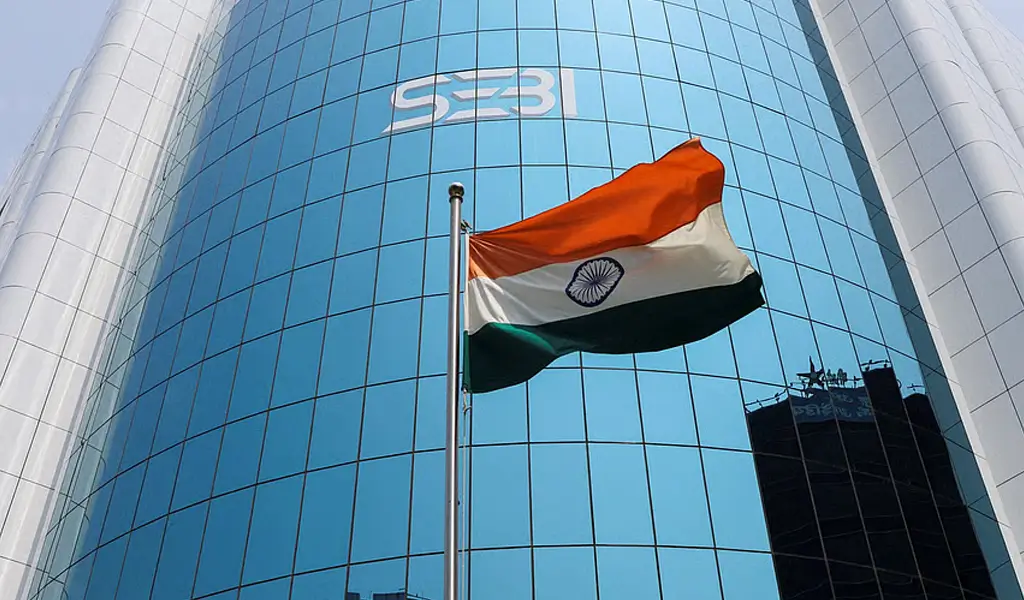Introduction:
- The Securities and Exchange Board of India (‘SEBI’) recently published a Consultation Paper on September 20, 2024, proposing amendments to the SEBI (Listing Obligations and Disclosure Requirements) Regulations, 2015 (‘LODR Regulations’). This amendment is focused on transitioning to a fully electronic mode of payment for dividend, interest, redemption, or repayment amounts by listed entities.
- Currently, non-electronic payment options, such as cheques or ‘payable-at-par’ warrants, are allowed under specific circumstances. SEBI aims to modernize and streamline payment systems by mandating electronic transactions, offering multiple benefits to both investors and companies.
- The primary objective is to eliminate the usage of physical payment methods (such as cheques and warrants) and shift entirely to electronic transactions for all listed companies when distributing dividends, interest, redemption, or repayment amounts. The proposed amendment will align with the growing digital financial infrastructure, ensuring a seamless, secure, and efficient payment process for shareholders and security holders.
Current Regulatory Provisions:
- Under Regulation 12 of the SEBI LODR Regulations, 2015, listed entities are required to use electronic modes for payments such as dividends, interest, redemption, or repayment amounts. However, if electronic payment is not feasible, physical cheques or warrants are permitted. Additionally, if the dividend exceeds INR 1,500, these physical payments must be sent via speed post.
- The current provisions allow entities to use modes like Electronic Clearing Services (‘ECS’), Real-Time Gross Settlement (‘RTGS’), and National Electronic Funds Transfer (‘NEFT’) for payment. Listed entities are also required to update and maintain bank details of investors, both in dematerialized and physical forms.
- Although electronic payments offer significant benefits, a small percentage of transactions still fail. SEBI noted that 1.29% of dividend payments for demat account holders failed due to incorrect or missing bank details. This creates a challenge for listed entities, which are currently required to send physical warrants or cheques as a fallback option. The amendment aims to address this issue by encouraging investors to update their correct bank account details with Depository Participants (DPs) to ensure the smooth processing of payments.
Rationale for the Proposed Amendment:
The rationale behind the shift to fully electronic payments is multi-faceted:
- Efficiency and Convenience: Electronic payments offer faster and more convenient options for investors, allowing them to receive dividends directly into their bank accounts without manual intervention.
- Security: The risk of cheques being lost, intercepted, or misused for fraudulent purposes is eliminated, ensuring a secure and traceable payment mechanism.
- Cost Efficiency: Electronic payments reduce the administrative and operational costs associated with printing and mailing physical cheques or warrants.
- Environmental Impact: The proposal encourages a paperless approach, contributing positively to environmental sustainability by reducing the usage of paper for physical payment instruments.
- Error Reduction: Automating the process of electronic payments reduces the risk of errors, such as incorrect mailing addresses or lost cheques, that can occur with physical instruments.
Proposed Changes
- The proposed amendment suggests deleting the clauses in Regulation 12 and Schedule I of the SEBI LODR Regulations that allow for physical cheques or warrants as a fallback option in case of payment failures. SEBI’s proposed amendments include:
- Deletion of Physical Payment Options: The existing provision that allows companies to issue payable-at-par cheques or warrants when electronic payments are not feasible will be removed.
- Mandatory Electronic Payments: Listed companies and their Registrars and Transfer Agents (RTAs) must adopt electronic payment methods for all security holders, both in dematerialized and physical form.
- This move is consistent with SEBI Circular SEBI/HO/MIRSD/MIRSD_RTAMB/P/CIR/2021/655, dated November 03, 2021[1], which mandated electronic payments for all physical security holders by April 01, 2024. The current amendment extends this requirement to holders of dematerialized securities as well.
- This Consultation Paper is open for public comments latest by October 11, 2024.
Link to the Consultation Paper:
[1] https://www.sebi.gov.in/legal/circulars/nov-2021/common-and-simplified-norms-for-processing-investor-s-service-request-by-rtas-and-norms-for-furnishing-pan-kyc-details-and-nomination_53787.html

